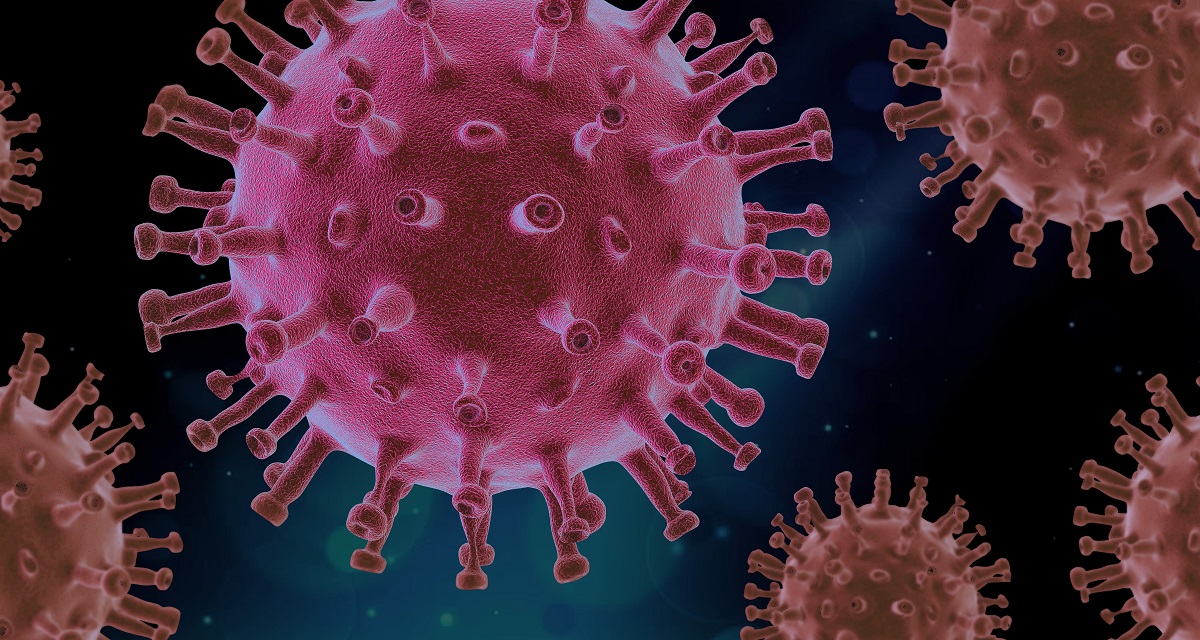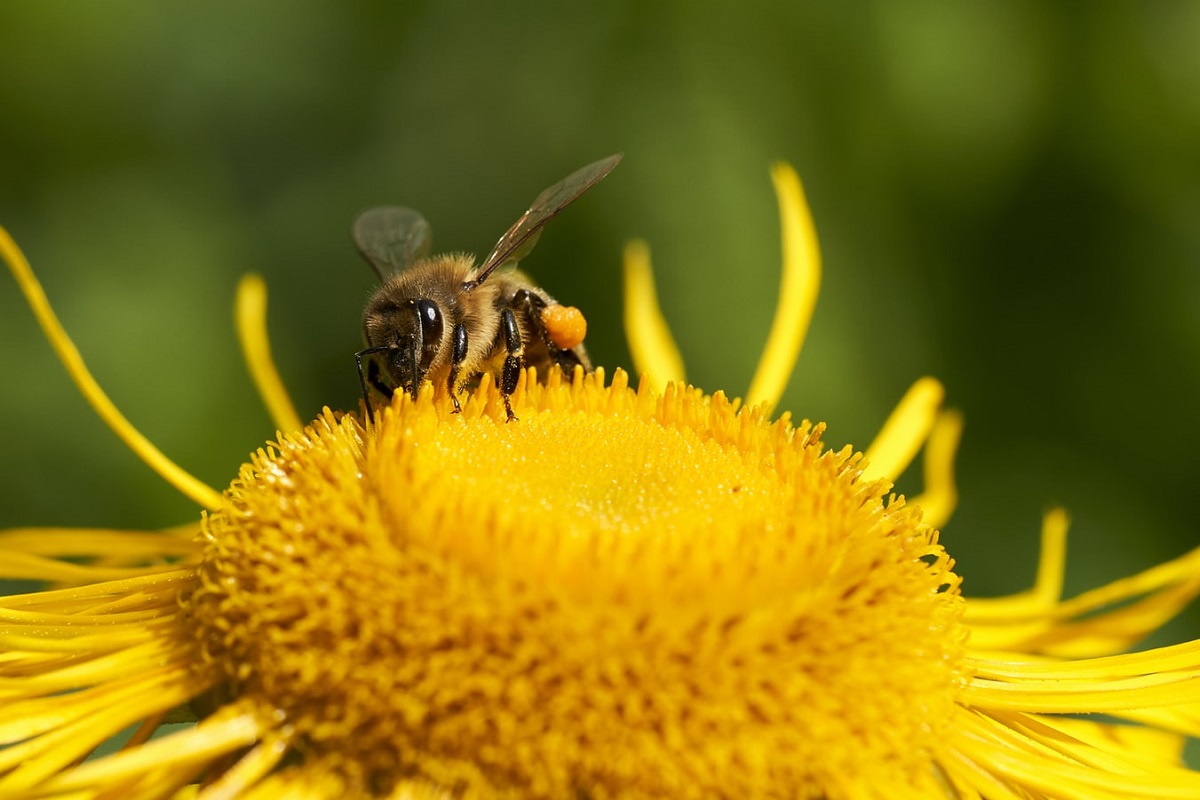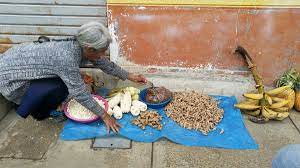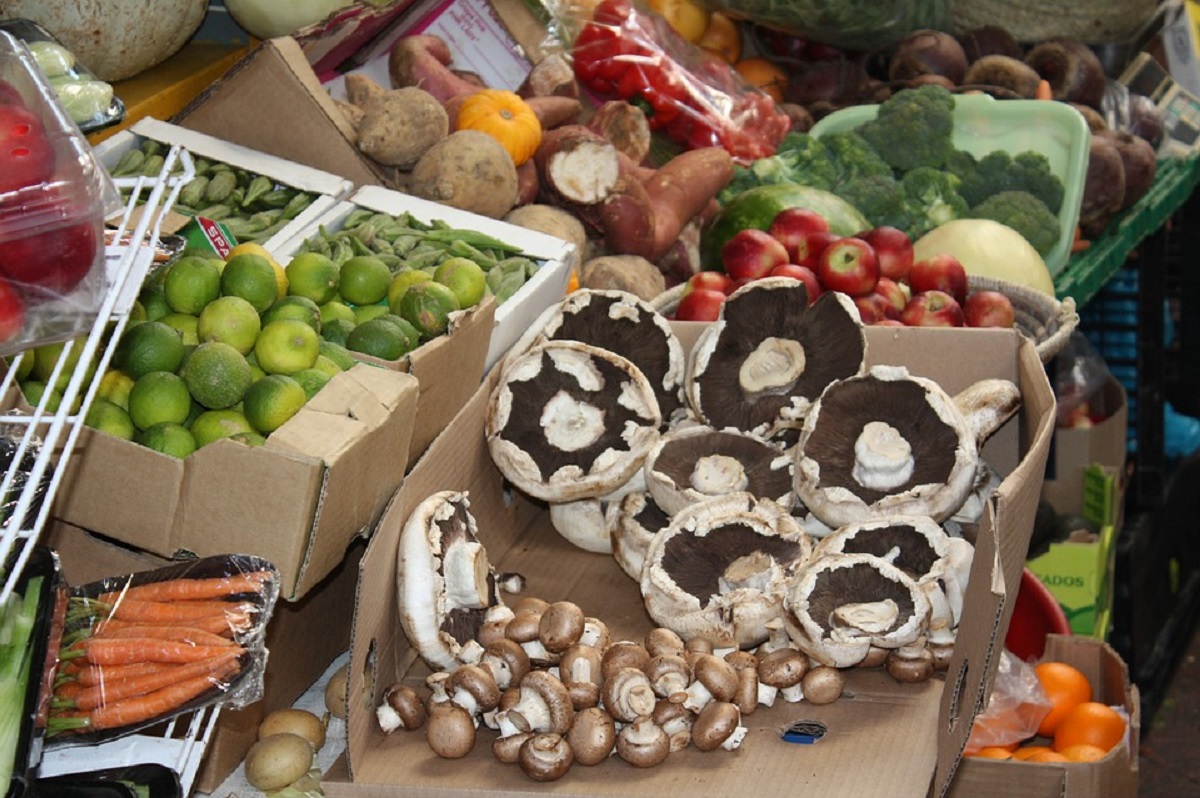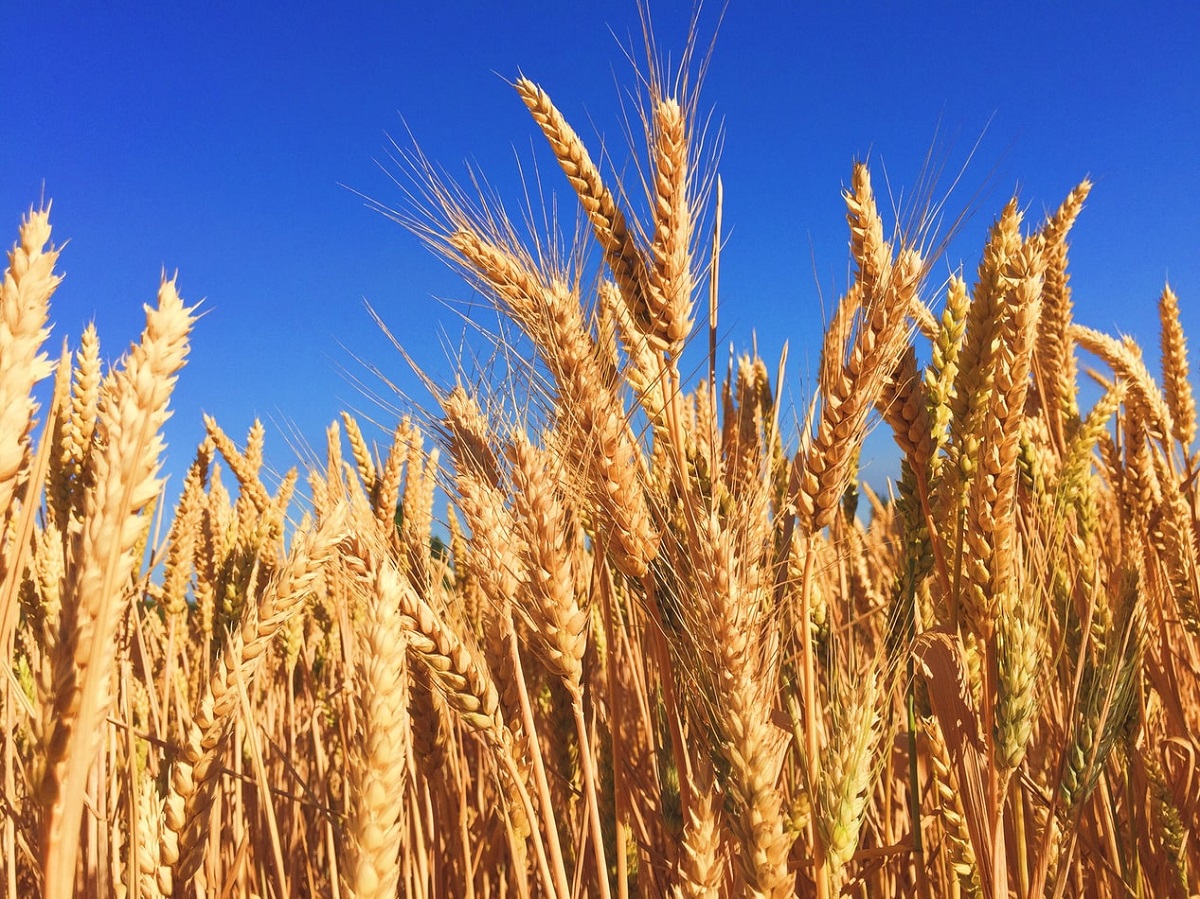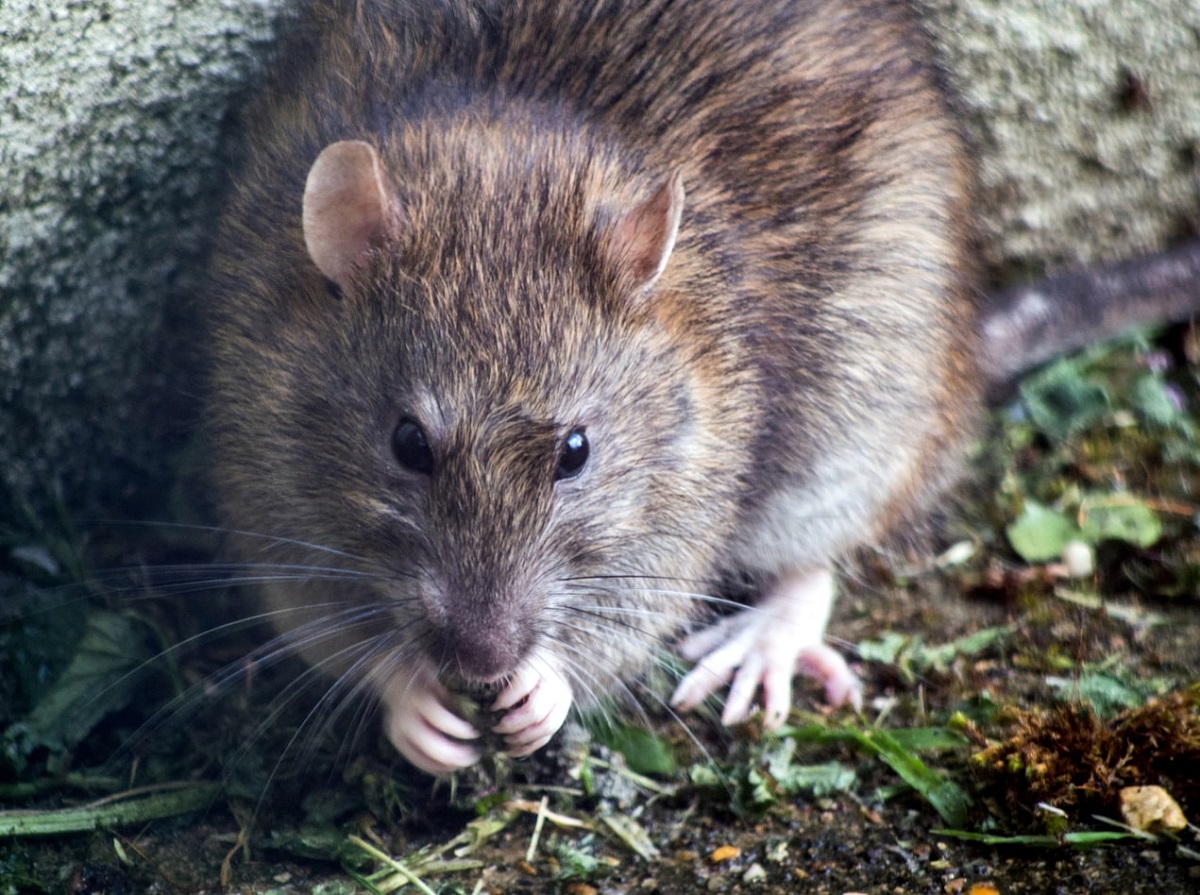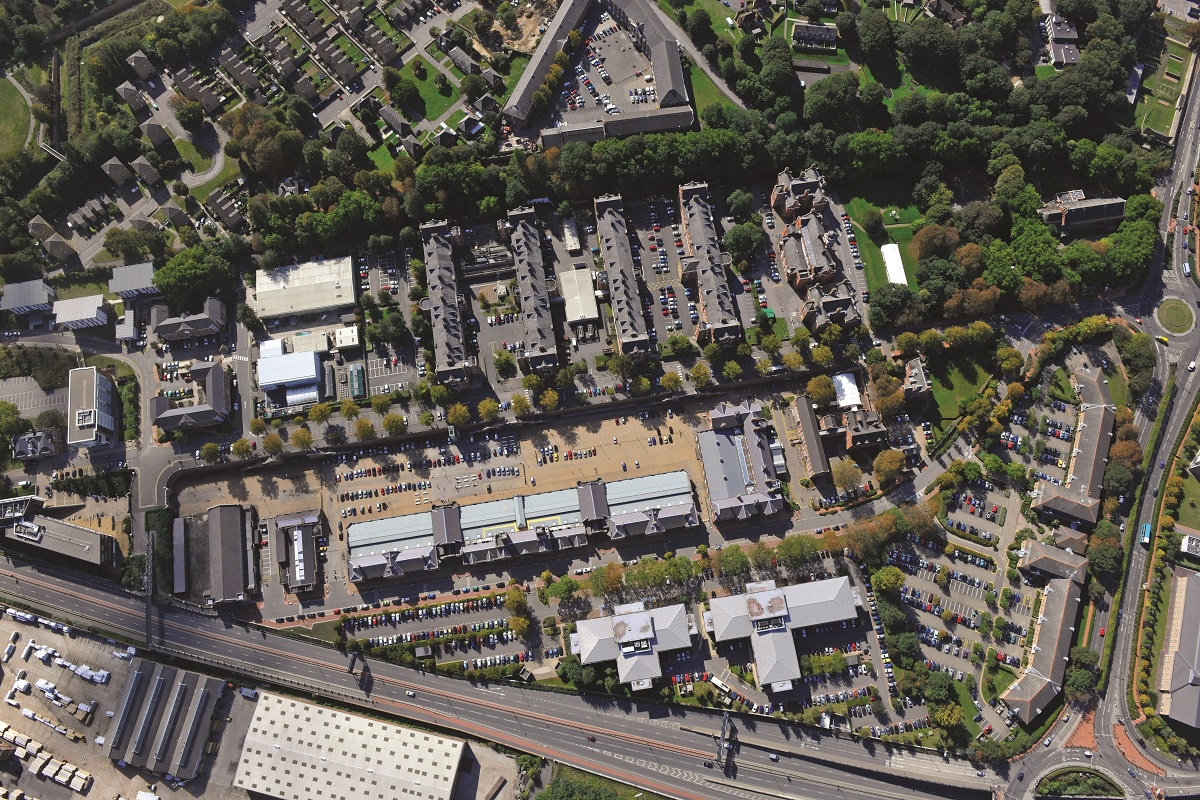News in Brief - 2020
The first inklings of the impending COVID-19 pandemic were in Wuhan, China, in late 2019. By imposing very strict lockdown measures and rapidly building huge emergency hospitals, the epidemic in China was controlled. By analysing data on case numbers in mainland China, Chinese mathematicians working with NRI’s Professor Bob Cheke calculated the effective reproductive number for the disease and how this changed in relation to different mitigation measures from 10 January to 6 March 2020.
“Fascinating, relaxed, thought-provoking – and providing an excellent guilt-free excuse for a weeknight virtual pub-trip!”
After a successful first year, the University of Greenwich’s Faculty of Engineering and Science (FES) has been fortunate to be chosen as one of 12 Universities to run a virtual Pint of Science in September 2020!
Pint of Science is an international science festival which provides a space for researchers and members of the public to come together, be curious, and chat about research and science in a relaxed environment outside mysterious laboratories or daunting dark lecture theatres.
The importance of bees and other pollinators to UK crops and wildflowers is now relatively well established, but did you know that their importance for smallholder farmers in low-income regions of the world can be even greater? A new study by scientists from NRI and the Nelson Mandela African Institution of Science and Technology (Tanzania), shows just how valuable bees and pollinators are to agriculture in the developing world. The study was funded by the UK’s Darwin Initiative and the McKnight CCRP.
Climate change is one of our greatest challenges. The United Nations calls it the ‘defining issue’ of our time and says we are at a defining moment. NRI's new BSc (Hons) Climate Change builds on world-leading research to give students the knowledge and skills to make a difference in all our futures. Leading experts acknowledge that the impacts of climate change are global in scope and unprecedented in scale, and that more research and a commitment to act, are essential.
Indigenous peoples, their knowledge and their livelihoods have been threatened for centuries. Every two weeks, an indigenous language is lost and with it, indigenous knowledge, threatening the survival and resilience of the people concerned.
NRI has been finding innovative solutions to the global problem of food loss and waste for well over a century. Our scientists are constantly inventing, researching and developing new ways to reduce crop losses, improve food safety and nutrition, streamline transportation, reduce plastic packaging and pollution, and tackle pests that ruin harvests and spread disease. This year saw the first ever International Day of Awareness of Food Loss and Waste, a good opportunity for NRI to share some of its most exciting projects, old and new.
NRI has been finding innovative solutions to the global problem of food loss and waste for well over a century. This year saw the first ever International Day of Awareness of Food Loss and Waste, a good opportunity for NRI to share some of its most exciting projects, old and new.
In the fourth and final article in this series on the prevention of food loss and waste, NRI’s Professor Steve Belmain outlines his work researching the ecology of rodents as pests in agriculture, and as disease vectors.
Graduating students from NRI at the University of Greenwich would normally be welcomed warmly into the lofty grandeur of nearby Rochester Cathedral for the formal ceremony. Families and friends file in to take their places and there would be an expectant hush as the Professors and University grandees, resplendent in robes, assumed their places on the raised dais.
Emmanuel Taiwo left Nigeria in 2013 and boarded a plane for the very first time, to come to the UK and study at NRI. His first impression was that the UK was cold in temperature, but warm in welcome. Emmanuel took five minutes out of his day to Skype with NRI Communication’s Officer, Linden Kemkaran, about his experience.
In response to the announcement of the proposed merger between the UK’s Department for International Development (DFID) and the Foreign and Commonwealth Office, NRI highlights the importance of continued international development work to help improve the lives of vulnerable people all over the world.
As part of the University of Greenwich, NRI fully supports the University’s statement on Black Lives Matter, published on behalf of the Vice-Chancellor, GSU Officers, Chairs of the EDI Committee & Chair of the BAME staff network.


